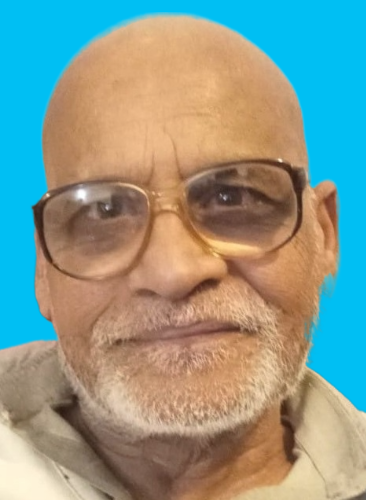Bakhtiar Agha
On April 4, 1979, the former Prime Minister of Pakistan and the Chairman of Pakistan People’s Party, Zulfikar Ali Bhutto was hanged at District Jail Rawalpindi, and his dead body was immediately moved to Garhi Khuda Bakhsh, Larkana, Sindh, where he was buried in the presence of a few number of people, while not a single family member of him was allowed to participate in the funeral.
Z. A. Bhutto was hanged on the Supreme Court’s judgment. In this regard, four judges were in favor of capital punishment while the remaining three judges were not agreed with the decision and expressed the acquittal of Bhutto. Interestingly, all the four judges who were in favor of capital punishment were from Punjab, and those who disagreed, were from Sindh, Khyber Pakhtunkhwa, and Balochistan. So, with one judge’s margin, the popular leader was hanged and his mercy appeal, which was filed by his wife Begum Nusrat Bhutto was also turned down by dictator General Zia.
Similarly, many appeals from the heads of several states to pardon Bhutto were also not accepted by General Zia. In response to this, a number of renowned lawyers of the world declared this act as one-sided and not according to law. Even the Supreme Court of Sri Lanka declared the hanging of Bhutto as a judicial murder.
The Chief Justice of Pakistan, Justice Nasim Hassan Shah (who favored hanging Bhutto) publicly said after his retirement somewhere in Lahore that the hanging was unjust and they all were under great pressure from General Zia. However, in fact, the public did not agree with the Supreme Court’s verdict of Bhutto’s death penalty.
The Pakistan People’s Party in all the terms of its government in center, had issued so many statements in this regard but officially or legally had taken no action against all those elements who were involved in the brutal murder of Bhutto.
It was 2011, when Asif Ali Zardari as the President of Pakistan filed a reference in the Supreme Court that the court’s judgment of 4th April, 1979 should be reviewed, and stated that either granting capital punishment to Z. A. Bhutto was as per law, or, it was a conspiracy of General Zia and the four judges?
During that time, the Chief Justice of Pakistan, Iftikhar Muhammad Chaudhry admitted the reference for regular hearing and three hearings were held but after that the reference was locked in the safe house.
Surprisingly, the present Chief Justice Qazi Faez Isa has decided to hear this case before the full court, headed by him. What will be the outcome of this reference, the coming time will decide this clearly. However, it is a very good gesture by the present chief justice of Pakistan that at least he wants to decide this controversial case once for all in the political and judicial history of Pakistan.
The writer is a senior journalist and political analyst, based in Islamabad. He can be reached at: aghabakhtiar7@gmail.com.
Related Posts






Comments